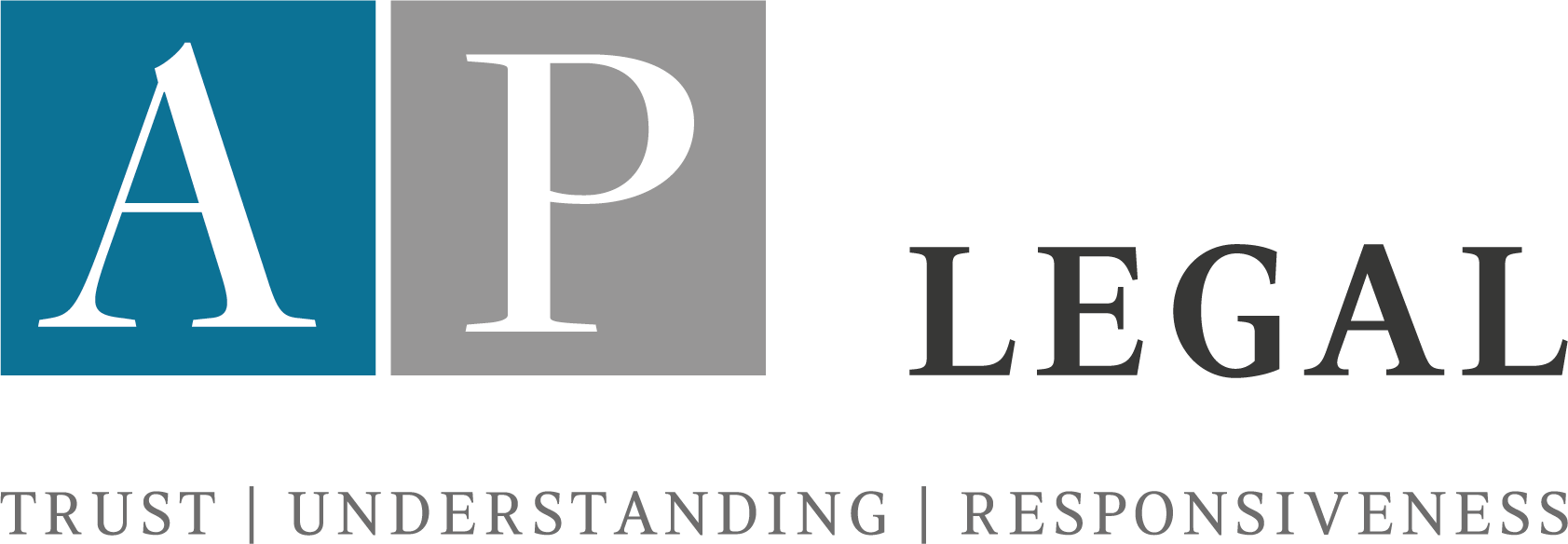A few months ago, Law 5215/2025 which partially transposes the Directive (EU) 2024/1788, was enacted. This new legislation establishes the foundation rules for the organization of the hydrogen production market and at the same time brings Greece’s framework closer to EU developments, while supporting the renewable energy goals of the National Energy and Climate Plan (ESEK).
The most significant development and the major change that the new legislation introduces is the Hydrogen Producer Certificate (HPC), which marks the initial step of an intricate permitting process. Applications are submitted to the Electronic Register operated by RAAEY, approved certificates remain valid for 25 years and can be renewed for an equivalent period. The HPC, inter alia, contains information pertaining to the unit’s installed capacity, maximum production capacity, and maximum hourly hydrogen production capacity, as well as the provenance of the electricity utilized in the hydrogen production process (direct from a renewable energy source or through the grid).
After completing this first step the hydrogen producers must secure compliance with environmental legislation. Environmental licensing includes the submission of an Environmental Impact Assessment (EIA), which leads to the issuance of the Environmental Terms Approval (ETA). Following ETA, producers shall apply for an Approval of Establishment in order to begin the construction works for the hydrogen unit. For producers intending to inject hydrogen into the natural gas or hydrogen networks the Approval of Establishment is issued after they enter into a Grid Connection Agreement with the competent operator.
Upon granting of the Approval of Establishment and once the unit and any required connection works are completed, the project enters a trial operation phase, which may last up to six months. Upon its successful completion, the producer can submit the necessary documents to apply for the Operational Permit. Both the establishment and operation of hydrogen production units are governed by Articles 17 to 40 of Law 3982/2011 on the simplification of licensing for manufacturing activities.
Conclusions
Greece’s growing renewable energy sector, based on the rapid expansion in solar and wind power capacity combined with ongoing policy developments, offers significant opportunities for hydrogen investments. Nevertheless, the legal framework for hydrogen production is still evolving. While adoption of Law 5215/2025 is an important step, a more coherent regulatory regime is expected to support the development of a hydrogen market. Based on the above, Greece has the potential to develop a promising hydrogen market, and the new legislation is a step in the right direction towards establishing the necessary conditions for its growth.
This flash information update prepared by AP Legal Energy team, aims to inform you about the new legislation that establishes the foundation rules for the organization of the hydrogen market. Stay tuned for further updates and contact our Energy practice for more information.



